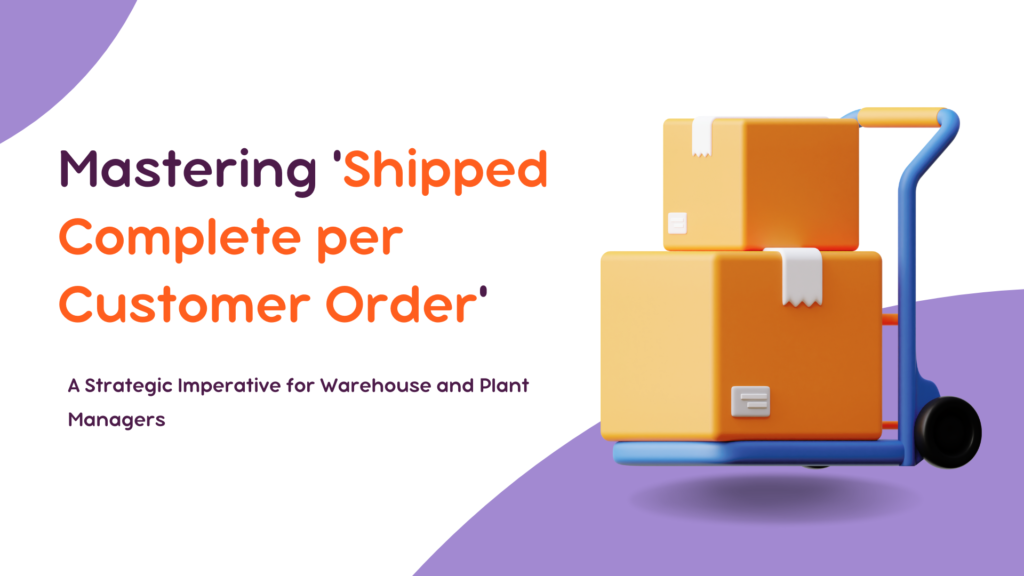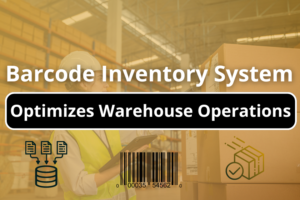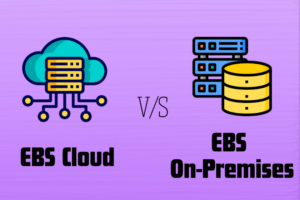In manufacturing and distribution, the metric ‘Shipped Complete per Customer Order’ stands as a critical barometer of operational success.

Table of Contents
The Criticality of Complete Order Shipment
‘Shipped Complete per Customer Order’ is not just a metric; it is a testament to a company’s commitment to excellence and customer satisfaction. This supply chain KPI measures the ability to fulfill an entire order as per customer request in a single shipment. Achieving high scores in this metric signifies robust inventory management, and efficient order processing, and ultimately leads to enhanced customer loyalty and reduced operational costs.
The Key Performance Indicator (KPI) “Shipped Complete per Customer Order” measures the percentage of customer orders that are shipped complete without any missing items. The formula to calculate this KPI is:
Shipped Complete per Customer Order = (Number of Complete Orders/ Total Number of Orders) *100%
Here’s a breakdown of the formula:
1. Number of Complete Orders: Count the total number of customer orders that were shipped without any missing items.
2. Total Number of Orders: Count the total number of customer orders, including those with missing items and those that were shipped complete.
3. Calculate the Percentage: Divide the number of complete orders by the total number of orders and multiply by 100 to get the percentage.
For example, if you had 80 complete orders out of 100 total orders, the calculation would be:
Shipped Complete per Customer Order = {80}/{100} * 100% = 80%
This means that 80% of the customer orders were shipped complete without any missing items. The higher the percentage, the better the performance in terms of fulfilling complete orders.
Strategic Pillars for Achieving Full Order Completion
1. Advanced Inventory Management: The Cornerstone of Order Completeness
In a landscape dominated by systems such as SAP S/4 HANA or Oracle Fusion Cloud, advanced inventory management is non-negotiable.
Real-time Inventory Tracking: Employing IoT and RF/Mobile barcode scanning technologies integrated with SAP or Oracle systems for accurate, real-time inventory data is crucial. This ensures that stock levels are always up to date, eliminating the risks of overselling or stockouts.
Inventory Accuracy: Regular cycle counting, facilitated by Propel Apps’ mobile supply chain solutions, ensures inventory accuracy, crucial for fulfilling complete orders.
Predictive Analytics: Utilizing the advanced analytics capabilities of SAP S/4 HANA or Oracle Fusion Cloud for demand forecasting and inventory optimization. Predictive analytics help in anticipating customer demand patterns, thus ensuring inventory is aligned with future orders.
2. Optimizing Order Fulfillment Processes
Efficient order fulfillment is a critical aspect of ensuring complete shipments.
Lean Warehousing: Implementing lean warehousing principles to streamline picking and packing processes. Techniques like cross-docking, where goods are directly transferred from receiving to shipping docks, can significantly reduce handling times and errors.
Automated Picking Systems: Integrating automated picking solutions like Automated Guided Vehicles (AGVs) or robotic systems, which work seamlessly with SAP or Oracle’s warehouse management modules, to enhance picking accuracy and speed.
Quality Control Checks: Establishing stringent quality control checks during the packing process using mobile barcode scanning technology. This ensures every item in an order is accounted for before shipment.
3. Technology Integration: A Catalyst for Efficiency
Embracing technology is key to achieving complete order shipment.
Warehouse Management Systems (WMS): Leveraging the power of WMS modules within SAP S/4 HANA EWM or Oracle Fusion Cloud. These systems provide invaluable insights into inventory levels, order status, and optimal picking routes.
Mobile Barcode Scanning: Utilizing Propel Apps’ mobile barcode scanning for efficient and error-free receiving, stocking, and shipping processes. This technology not only speeds up operations but also significantly reduces the likelihood of human error. Propel Apps’ RF/Mobile picking, packing, and shipping has incorporated World class best practices to ensure outbound logistics are handled without any errors. RF pickers can use barcode scanning to pick, pack and ship the right materials, from the right locations in the right quantities.
ERP Integration: Ensuring seamless integration between WMS and Enterprise Resource Planning (ERP) systems for a unified view of operations. This integration is crucial for real-time decision-making and effective coordination between different operational facets.
4. Continuous Improvement and Workforce Empowerment
The pursuit of operational excellence is a continuous journey.
Staff Training and Engagement: Regular training sessions for staff on the latest technology and best practices in inventory management and order fulfillment. Engaged and well-trained employees are more likely to accurately pick and pack orders.
Feedback and Analytics: Utilizing the advanced analytics capabilities of SAP S/4 HANA EWM or Oracle Fusion Cloud to glean insights from order fulfillment data. This analysis can reveal areas for improvement and help in formulating strategies for continuous process enhancement.
Change Management: Effectively managing the transition to new technologies and processes. This involves clear communication, training, and support to ensure staff are onboard and proficient with new systems.
Conclusion: A Call to Action
Achieving ‘Shipped Complete per Customer Order’ is not merely about hitting a target; it’s about setting a standard in operational excellence and customer service. By harnessing advanced inventory management techniques, optimizing order fulfillment processes, integrating cutting-edge technologies, and fostering a culture of continuous improvement, warehouse and plant managers can significantly enhance their capability to ship orders completely and efficiently.
Propel Apps’ mobile supply chain platform plays a pivotal role in this transformation, bridging the gap between traditional operations and digital excellence.
In an era where customer expectations are constantly evolving, and the market is fiercely competitive, excelling in this supply chain KPI is not just beneficial – it’s essential. By adopting these strategies, businesses can not only meet but exceed customer expectations, positioning themselves as leaders in the global marketplace. Get in touch, Today!




